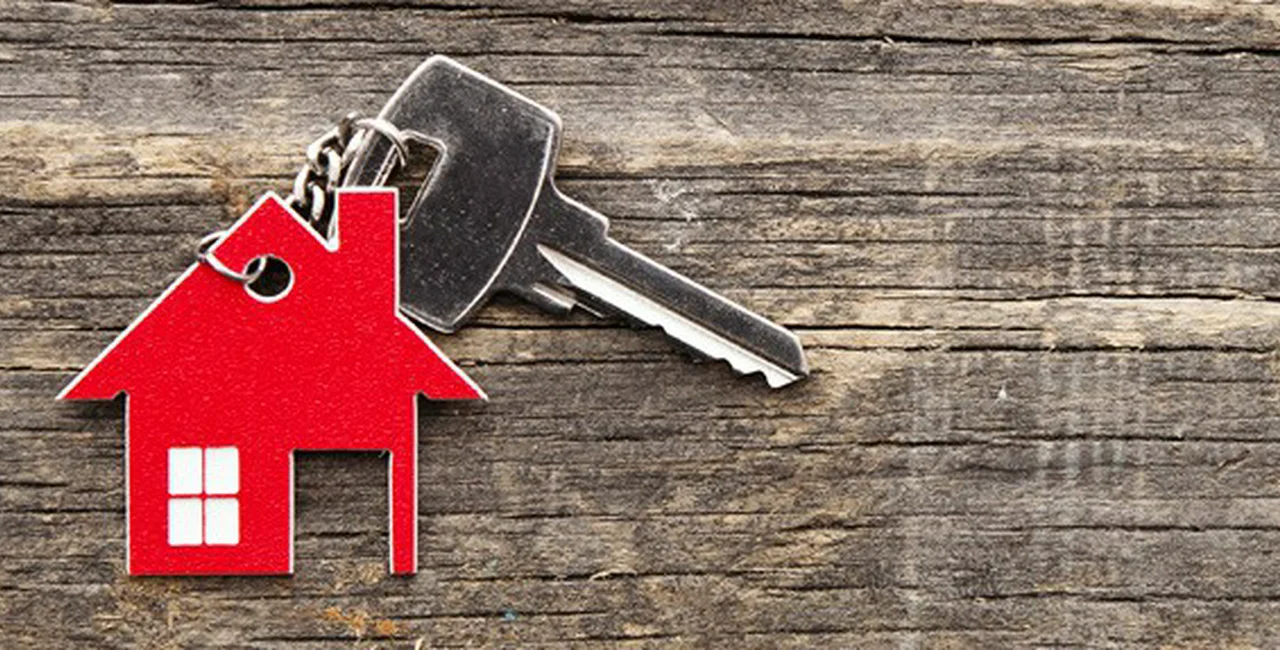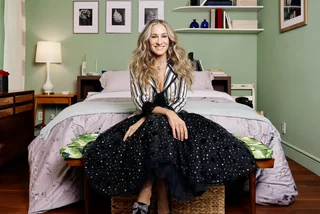If you’re considering a mortgage, definitely check Mortgages.cz where you can get the very best rates in the Czech Republic for mortgages.
Cash flow is the life blood of an investment. Without cash flow the investment can rightfully be called speculation.
Many investors bought in Czech Republic at a time when cash flow was not positive unless large amounts of cash were plunked down as a deposit. However, that does not mean that you just want to give up on your investment, call it a write-off and move on. Much can be done to improve the cash flow of your investment by tweaking little things.
Here are our top tips for maximizing cash flow on your Czech ‘buy to let´ property investment which, potentially, could result in you putting a staggering 30 000 CZK in savings into your pocket each year.
1. Make sure your property is not insured twice (savings: 100 to 200 CZK/mo)
It is usually the case that the bank granting the mortgage will require proof of property insurance before releasing the funds. Many buyers take out new insurance, not realizing that there is often insurance which the building association also takes out on the building.
You will never get paid twice for the replacement of the same property so this is a waste of money.
Note: it is good to check what exactly is covered by the building association´s insurance because sometimes it would not replace the finish inside the flat (ie. flooring, kitchen, furniture) and also would not cover liability. However, these items can be added separately by the owner still resulting in savings of at least 100 CZK/month.
2. Including water usage in the utility fees paid by the tenant (savings: 100 to 250 CZK/mo)
Although not common in other parts of the world it is normal here for the tenant to be responsible for the consumption of water.
3. Always collecting more than the normal monthly deposit required by the utility companies – otherwise transferring utilities into the tenant´s name (savings: 200 CZK +/mo)
Try to transfer whatever utilities possible into the name of the tenant. When not possible, be sure to collect more than the average monthly deposit required by the utility company.
Usually the meters are only read once a year which means your tenant could be long gone having racked up a monster utility bill which you will never collect from him. It is always easier to return money to a tenant than try to collect more after they have moved out.
4. Minimizing vacancy periods by having a lengthy cancellation (savings: up to one month´s rent/year)
Make sure to have a lengthy notice period (2 to 3 months is normal here) in order to give yourself ample time to source another tenant including renewing advertising, showing the flat and getting another contract signed.
If you are in a strong market and you are confident about getting another tenant quickly, it is possible to give exceptions to individual tenants but having a lengthy period can save vacant periods of up to a month.
5. Minimizing turn-over (savings: up to one month´s rent per year)
Is there some persistent problem with your property which results in tenants not being content and moving before an average tenancy period? Every time your property changes tenant´s hands it costs you with advertising, showings, vacant periods and move-in/move-out damage.
Here is a previous article on how to keep your quality tenants in Czech Republic.
6. Minimize bank fees (savings: 200 to 500 CZK/mo)
Bank fees in Czech Republic are disgusting.
There is no other way to put it. Especially coming from a very competitive banking atmosphere like I did in Canada was I shocked at the amount of money that went out the door for bank fees.
But is there anything you can do about it? Yes there is! Especially if you purchased property through an SRO or Czech company.
In such a case you have a terrible layer of two to three bank accounts. Sometimes you will have your SRO bank account, then a personal bank account which is mandatory with your mortgage and then your mortgage account. All, in fact, are necessary according to bank lending requirements and state laws regarding SROs. What can be done in this case?
We can strongly recommend setting up a bank account with Fio for your SRO. Fio offers banking services which has almost no fees. It´s accounts are covered by the same insurance offered by the State of up to 50 000 EURO in one account so your money is safe.
For an SRO which is only held for the purpose of owning property, this can save up to 500 CZK a month in bank fees.
If you don´t want to do this, at least minimize the number of times you get printed bank statements, cancel your bank card and look at all other ways to reduce the fees you are paying.
Do you think some of these suggestions have a return that is too little to act on?
Think of how an eves trough combines even a small amount of falling rain over a large area to equal a sizable amount of water coming out the spout. It is the same with your rental property, by taking care of all these little things you can do each month it can result in a sizable return at the end of the day.
###
©2010 CZECH POINT 101 s.r.o.
This report is published for general information only. Although high standards have been used in the preparation of the information, analysis, views and projections presented in this report, no legal responsibility can be accepted by Nathan Brown or Czech Point 101 for any loss or damage resultant from the contents of this document. As a general report, this material does not necessarily represent the view of Czech Point 101 in relation to particular properties or projects. Reproduction of this report in whole or in part is allowed with written permission from Czech Point 101.
If you’re considering a mortgage, definitely check Mortgages.cz where you can get the very best rates in the Czech Republic for mortgages.












 Reading time: 5 minutes
Reading time: 5 minutes 




















